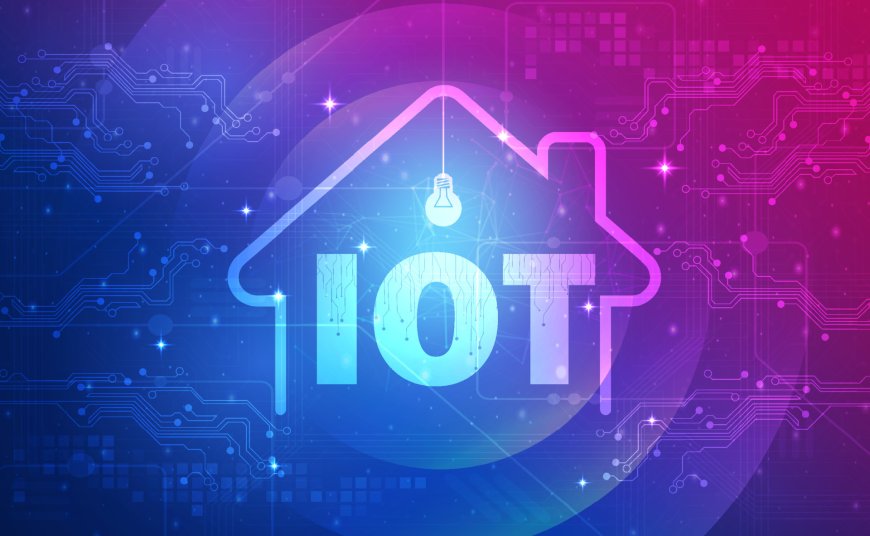The Internet of Things (IoT) and Smart Home Innovations

Introduction
In recent years, the Internet of Things (IoT) and smart home innovations have transformed the way we live, offering unprecedented levels of convenience, automation, and connectivity. These technologies are at the forefront of the digital revolution, bringing intelligence and interconnectivity to our homes and daily lives. In this blog, we will delve into the fascinating world of IoT and explore how smart home innovations are reshaping the way we live.
The Internet of Things (IoT): A Revolution of Connectivity
The Internet of Things refers to the network of interconnected physical devices, appliances, vehicles, and other objects, all embedded with sensors, software, and connectivity to exchange data and perform tasks. The IoT has the potential to revolutionize various aspects of our lives:
1. Home Automation:
- Smart Lighting: Control the lighting in your home remotely or through voice commands.
- Smart Thermostats: Adjust your home's temperature from anywhere, optimizing energy efficiency.
- Smart Locks: Secure your home with keyless entry, access control, and activity monitoring.
2. Entertainment and Media:
- Smart Speakers: Use voice-activated devices to control music, ask questions, and control other smart devices.
- Smart TVs: Stream content from the internet, control your television with your smartphone, and even personalize recommendations.
3. Home Security:
- Smart Cameras: Monitor your home remotely, receive alerts, and store video footage in the cloud.
- Smart Alarms: Receive notifications and control your security system from your smartphone.
4. Health and Well-being:
- Fitness Trackers: Wearable devices track your physical activity, sleep, and health metrics.
- Smart Scales: Monitor your weight, body composition, and health data, with the results sent to your smartphone.
5. Kitchen and Cooking:
- Smart Appliances: Cook with precision using smart ovens, refrigerators, and coffee makers.
- Recipe Assistance: Get personalized cooking recommendations and tutorials.
6. Energy Efficiency:
- Smart Grids: IoT is used to create smart grids, which optimize energy distribution and reduce waste.
- Energy Monitoring: Track your home's energy consumption and take actions to reduce your carbon footprint.
7. Healthcare:
- IoT Medical Devices: Devices such as smart blood pressure monitors and insulin pumps can help manage chronic conditions more effectively.
- Remote Healthcare: Telemedicine and remote monitoring allow for more accessible and convenient healthcare services.
Challenges and Security Concerns
While IoT and smart home innovations offer incredible advantages, they also bring security and privacy concerns. The interconnected nature of IoT devices makes them vulnerable to cyberattacks and data breaches. Protecting your smart home requires securing your network, regularly updating device firmware, and using strong, unique passwords.
The Future of IoT and Smart Homes
The IoT industry is continuously evolving. Here are some exciting developments to look forward to:
-
5G Connectivity: Wider adoption of 5G networks will provide faster, more reliable connectivity for IoT devices.
-
Interoperability: Efforts are underway to ensure that different IoT devices and platforms can communicate seamlessly, providing a more cohesive smart home experience.
-
Artificial Intelligence (AI): AI integration will enable devices to learn and adapt to user preferences, making smart homes even more intuitive.
-
IoT in Sustainability: IoT will play a crucial role in promoting sustainable living by optimizing energy consumption and reducing waste.
Conclusion
The Internet of Things and smart home innovations are redefining the way we live, offering convenience, energy efficiency, and personalized experiences. As this technology continues to advance, it's essential to embrace the opportunities while also addressing the associated security and privacy challenges. Smart homes are not just a trend; they are the future of modern living, reshaping our daily routines and interactions with the spaces we call home.







